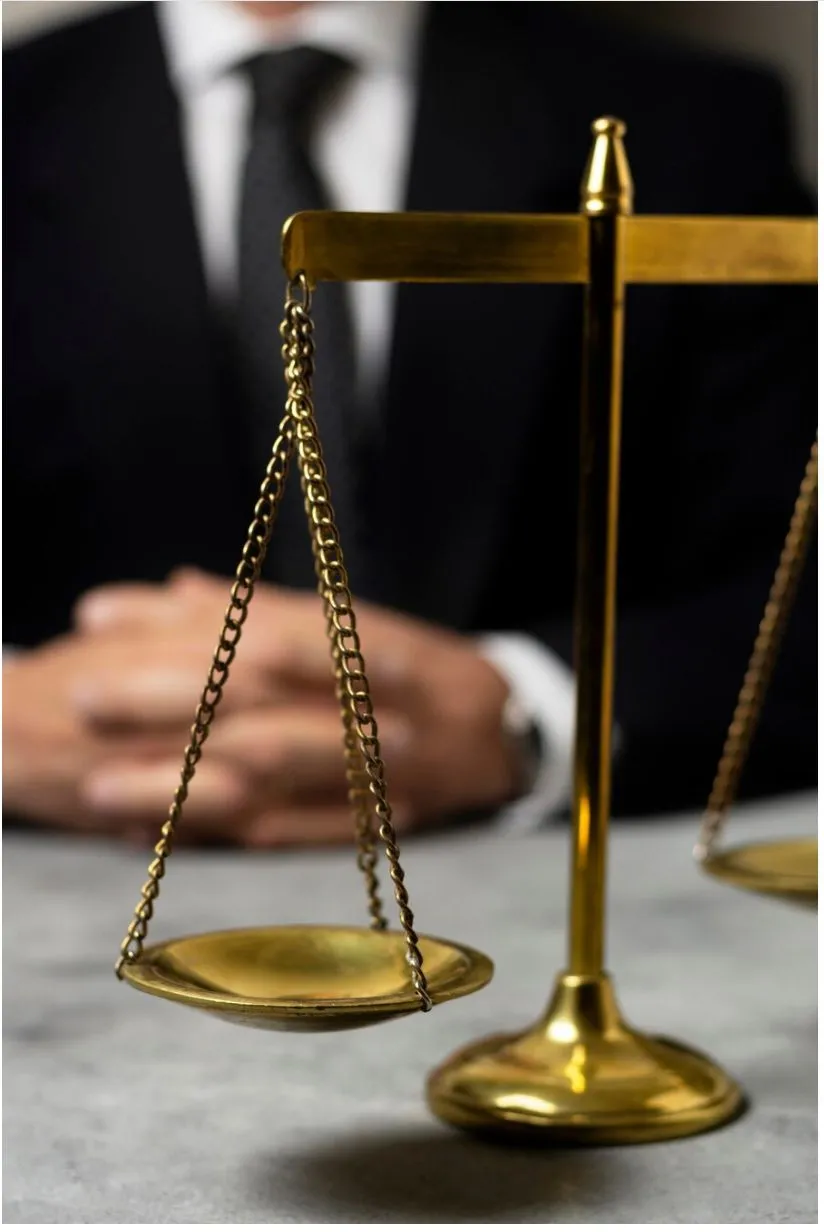EVIDENTIARY HEARING IN THE NEW DIGITAL ERA

With the global pandemic produced by the COVID -19 virus, new dynamics were implemented due to the need for its operation in large companies, companies that serve the public, entities in general and institutions such as the Judicial Branch. These new practices are based on the need to impart justice in the Colombian territory, proposing the possibility of reducing impunity just a click away. The Judicial Branch's microsite was implemented in the Judicial Branch's website, which must be fed by each court in order to obtain -online- its judicial pronouncements, as well as the opportunity to hold hearings virtually within a judicial process. An example of this occurs in the Contentious Administrative Jurisdiction, where a proceeding can be developed with the parties of the process from any part of the country. Now the question is, is this a solution? Perhaps for those who have the infrastructure and can make use of these options that technology allows, the answer would be yes. However, for people who are in remote or dispersed places and who have been forgotten by the State, I would dare say not, and on the contrary, it becomes a gap to access the administration of justice.
It is well known that in most of the contentious-administrative processes it is necessary to resort to testimonial evidence to achieve the recognition of what is claimed in the lawsuit. This type of processes commonly arise not only in the capital of the country, but also in medium and small cities. he facts that give rise to these processes are found in towns, villages, municipalities and peripheries, sometimes even in the middle of the jungle, situations that seem to go unnoticed by those who impart justice, in other words the judges of the Republic.
As we belong to a firm that was born in one of the most outstanding Colombian territories for its source of supply of all kinds of fruits and crops, rich in livestock, with a lot of timber wealth due to its immense, abundant and strong trees, with an enviable temperature due to its low and humid plains, but also influenced by the proximity to the mountain range, we are aware of the great virtues that surround this Department, but this is not enough to facilitate the development of some litigation. The scarcity and often absence of good internet connection channels cannot be ignored, especially in the rural areas of the Department of Caquetá, as is the case with other remote departments in central Colombia.
As lawyers we face these hearings on a daily basis, where we receive testimonies from people who were present or know the facts surrounding the processes against State entities, mainly in the means of control of direct reparation. These people often have low or no educational level, lack of a good internet connection and/or communication devices such as cell phones, computers, tablets and in general, and in general, electronic devices including headphones or microphones, ignoring that although many of these tools are common for us, they are not common for them and they are completely unaware of their operation.
This is a challenge for lawyers. The premise that "lawyers must guarantee the optimal connection of witnesses" today is not only a straitjacket that does not admit nuances or exceptions, but also an impotent task for the attorneys-in-fact and for the plaintiffs themselves when the connection of the summoned parties cannot be adequately accomplished; situations that are often strongly punished by some judges, since sometimes it is evident the lack of empathy, knowledge and collaboration of the judicial offices when there are problems with the connection, the audio, or even the understanding of a question asked, ignoring that although many of these processes against the State originated in the same place where the office is located, many others originate in other parts of the country and in places that as already mentioned lack the technological facilities that facilitate the proper development of the hearing, widening the gap between territories and inequality.
Ensuring the appearance of a witness does not only imply providing them with the connection link as some law firms consider. In many cases it requires explaining them how to download the Lifesize or Teams application, showing them once or many times how to connect, how to turn the microphone on and off (with the difficulties that this type of task may bring depending on the age and technology skills of the person summoned to testify) and counting on the luck that when the day of the hearing arrives there is no bad weather and the weak internet is down.
Some may think that this would be solved with the provisions of PARAGRAPH 2 of Article 2 of Law 2213 of 2022 which reads: The municipalities, public agencies and other public entities, to the extent of their possibilities, shall facilitate that the parties to the proceedings may access virtual proceedings in their offices. The truth is that this is not so, because in remote areas of the country, not even these entities enjoy good connectivity or have the resources to facilitate the development of proceedings that in principle are not within their competence and for which they are not equipped either technologically or fiscally.
However, given the forced and poorly planned implementation of virtuality in our judicial system, many of us wonder if this new digital era is here to stay, and I can safely say that it is. However, there are many things that still need to be worked on. We must implement more educational centers equipped with communication networks and strategies that allow to reach more effectively the territories of deep Colombia, as well as raise awareness of this reality to justice operators. It is not only enough their academic and professional training, but also and much more important, their human warmth, necessary to achieve an accessible justice and guarantor of the rights of the parties.